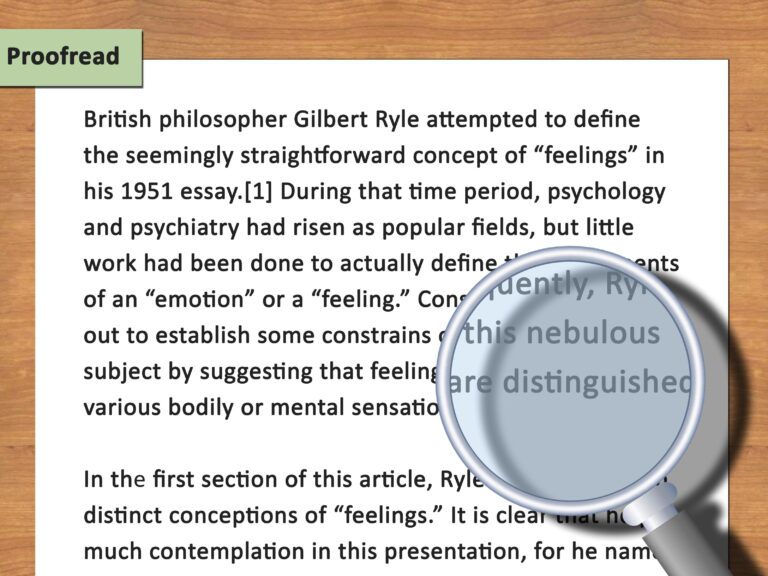In a significant development, two South African engineers have been released from detention in Equatorial Guinea, where they had been held for nearly two years. The release marks a pivotal moment in a case that has drawn international attention and sparked discussions about the conditions faced by foreign nationals working in the region. This update comes amid ongoing diplomatic conversations between South Africa and Equatorial Guinea, which have been aimed at securing the safe return of the engineers. As the situation unfolds, many are examining the implications of this release not only for the individuals involved but also for broader South African foreign relations and the safety of expatriates in Africa.
Africa News Live Updates on South African Engineers Freed from Equatorial Guinea Detention
In a significant development, two South African engineers, who had been detained in Equatorial Guinea for nearly two years, have finally been released. Their detention sparked outrage and widespread calls for justice both domestically and internationally. Advocacy groups and South African officials worked relentlessly to secure their freedom, underscoring the complexities surrounding their arrest, which was largely seen as politically motivated. The engineers were originally detained on allegations of illegal entry and involvement in activities deemed suspicious by the Equatorial Guinean government.
The release has been met with a wave of relief among their families and supporters, as well as renewed discussions regarding diplomatic relations between South Africa and Equatorial Guinea. Key details surrounding the negotiations that led to their release remain undisclosed. However, many are hopeful that this development may lead to improved diplomatic engagement and cooperation between the two nations. The issue also highlights ongoing concerns about human rights practices in Equatorial Guinea, prompting calls for greater transparency and reforms within the country’s legal system.
Implications of the Release for South Africa-Equatorial Guinea Relations
The release of the two South African engineers after two years in Equatorial Guinea detention marks a significant turning point in the diplomatic relationship between the two nations. This development could ease tensions that have simmered since their arrest in 2021, paving the way for improved dialogue and potential collaboration in various sectors, particularly in energy and infrastructure. As the South African government continues to push for the protection of its citizens abroad, this incident may lead to a reevaluation of diplomatic strategies, emphasizing the importance of legal frameworks and bilateral agreements to safeguard nationals working overseas.
In addition to immediate diplomatic implications, the event has potential long-term effects on trade relations between South Africa and Equatorial Guinea. The returning engineers may lead to renewed interest in South African expertise in sectors vital to the growth of Equatorial Guinea’s economy. Opportunities may arise in the fields of oil and gas, renewable energy, and construction. If diplomatic ties are strengthened, South African companies could explore investments in Equatorial Guinea, fostering economic synergy. Diplomatic experts and business leaders will likely monitor this evolving landscape closely, assessing how this release impacts future negotiations and partnerships.
| Potential Areas of Collaboration | Benefits for Equatorial Guinea |
|---|---|
| Oil and Gas Exploration | Increased technological capabilities |
| Renewable Energy Projects | Diversification of energy resources |
| Construction and Infrastructure | Improved public services and facilities |
Recommendations for Strengthening Diplomatic Channels to Prevent Future Detentions
Strengthening diplomatic channels is essential to prevent future unjust detentions. This can be achieved through a multifaceted approach that encourages dialogue and collaboration among nations, particularly in Africa. Initiatives could include:
- High-Level Bilateral Talks: Regular meetings between key diplomatic figures can foster transparency and preempt misunderstandings that lead to detentions.
- Crisis Response Mechanisms: Establishing rapid response teams to address emerging situations can aid in swift resolutions.
- Intergovernmental Agreements: Crafting treaties focused on the protection of citizens abroad can reinforce mutual trust and respect among countries.
In addition to these measures, the involvement of regional organizations like the African Union could provide a unified platform for addressing grievances and facilitating cooperative solutions. It is crucial to develop:
- Education Programs: Raising awareness among citizens about their rights and the legal frameworks in foreign countries can mitigate risks of wrongful detention.
- Monitoring Agencies: Creating independent bodies that can monitor the treatment of detained individuals ensures accountability and adherence to international standards.
Key Takeaways
In conclusion, the release of the two South African engineers after their prolonged detention in Equatorial Guinea marks a significant development in the ongoing diplomatic relations between the two nations. Their ordeal, which lasted nearly two years, has drawn attention to the broader challenges faced by expatriates in the region and highlights the complexities of international legal frameworks. As their families celebrate their return home, this incident also underscores the importance of diplomatic engagement and human rights advocacy in ensuring the safety of citizens abroad. As we continue to monitor this situation, we remain committed to providing timely updates on the implications of this release and its impact on both South African and Equatorial Guinean relations. Stay tuned for further developments.







